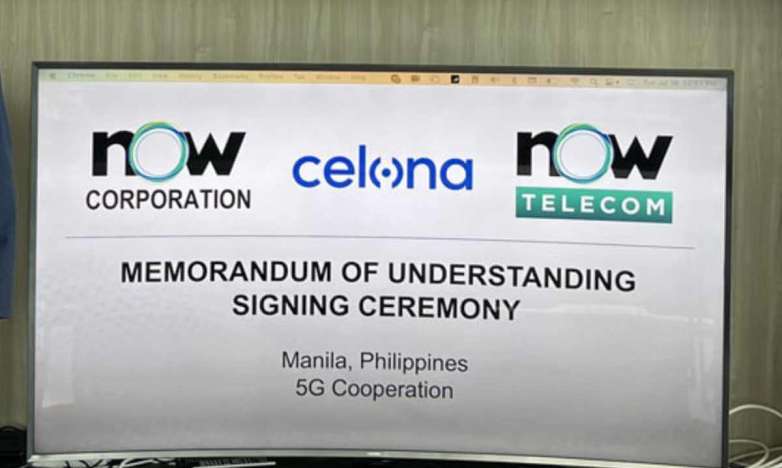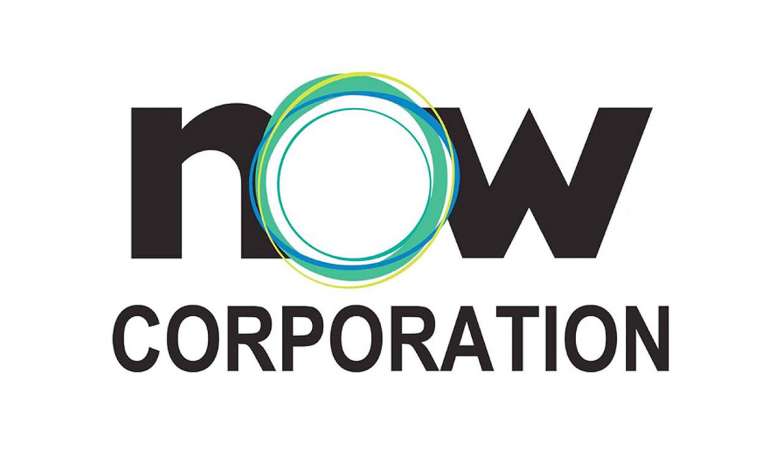NOW Corp added another satellite broadband partnership to its collection on Wednesday, this one with aspiring LEOsat operator Rivada Space Networks to target enterprises in the Philippines.
NOW Corp says it will harness Rivada’s “OuterNET” constellation of 600 low earth orbit satellites using the Ka-band to deliver mission-critical voice, video and data solutions to enterprises that require secure infrastructure, such as banking and financial services, mining and transportation. The company also has an eye on pitching the service to national and local government and defense sectors.
“We aim to provide the most reliable and secure connectivity to our intended market, [and] Rivada’s OuterNET will revolutionize how telecom services are provided to government agencies and companies employing mission-critical and security-sensitive applications and services across the 7,600 islands of the Philippines,” said NOW Corp President and CEO Henry Andrews Abes in a statement.
The security angle from Germany-based Rivada stems from the OuterNET constellation architecture using optical lasers to interconnect its LEOsats. Each satellite carries its own onboard processing for routing and switching capabilities. The end result, effectively, is an “optical mesh network in space”, Rivada says.
According to Rivada, this also means once data transmissions leave Earth and reach a satellite, the data stays in space until it arrives at the destination, which makes it “ultra-secure”. Rivada also says that routing traffic on a physically separated network provides another layer of security for organizations that want to securely share data between widely distributed sites.
In any case, Philippine enterprises will have to wait at least three years to use OuterNET. Rivada’s first satellite launch is set for 2025, with global service starting in 2026. It has signed a US$2.4 billion deal with Terran Orbital to build the LEOsats, and contracted SpaceX for launch services.
In July, Rivada received a waiver from the International Telecommunication Union (ITU), which had required the company to launch 10% of its constellation by September 2023 or risk losing priority Ka-band spectrum. The waiver allows Rivada to start launching satellites in 2025, but stipulates that the company still must have 50% of the constellation in orbit by September 2026.
The Rivada partnership is the latest of several LEOsat broadband agreements NOW Corp has secured this year. Others include Eutelsat OneWeb, Mangata Networks (created by former OneWeb chief Brian Holz) and, most recently, AST SpaceMobile.
Source: Developing Telecoms


